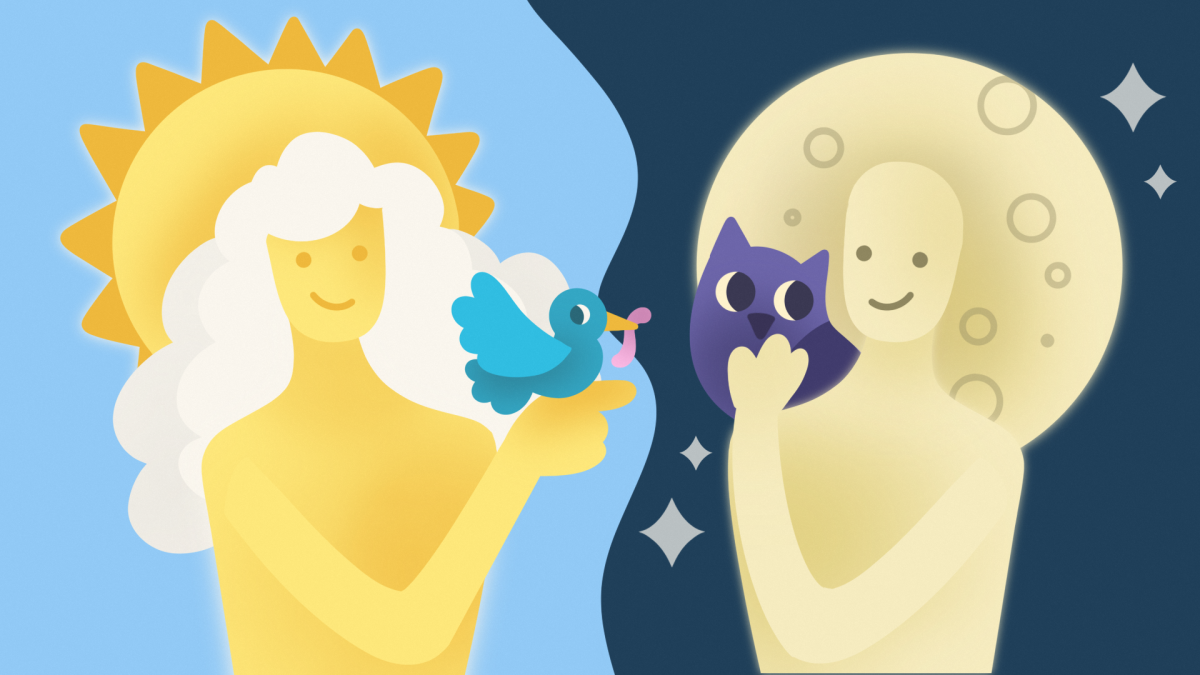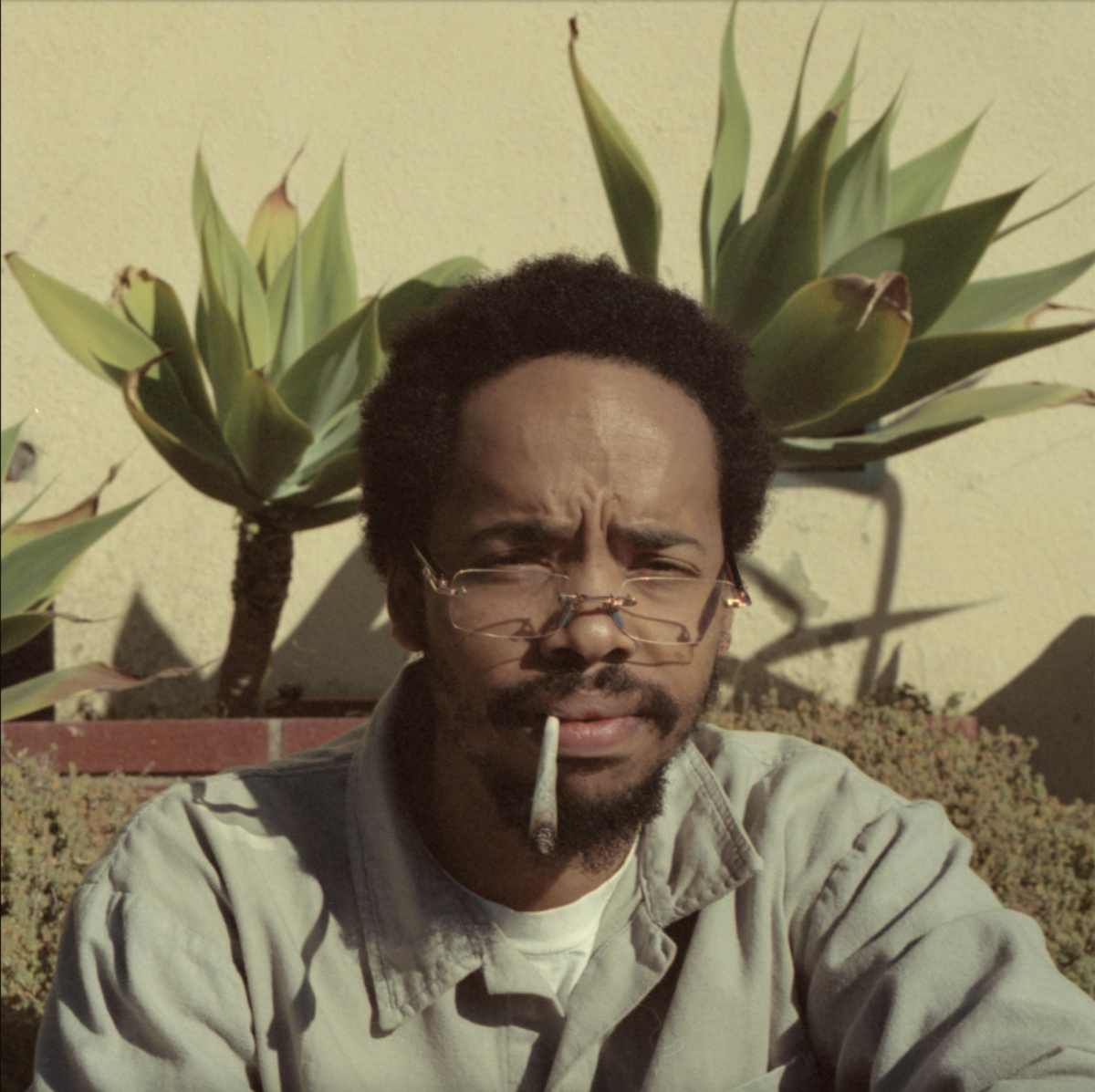While early birds may think they’re getting more done during the day, night owls are stealthily moving in silence and plotting while you are tucked in bed.
I’m not the only one who struggles to get out of bed when my blaring alarm shouts at me, hitting the snooze button and ugh-ing at the light coming through the slits of my blinds.
Waking up is the worst part of my daily routine.
If I either need to have a coffee pot rigged to start pouring the moment my alarm starts, or I could just get a few more hours of quality beauty sleep, I’d gladly take the latter.
If I ever have trouble falling or staying asleep, sleeping-in is a better bet of getting enough sleep for the night than a bedtime.
As a certified snoozer, I also get entertaining dreams that feel like watching a movie that my brain made just for me.
As we sleep, the REM portion of our sleep cycle becomes longer, and we’re more able to remember those dreams, according to an article in Business Insider’s Science section.
REM is the phase known as rapid eye movement sleep, and follows our deepest sleep cycle, according to the same article.
Most of our most vivid, narrative dreams happen at this stage, especially after 4 to 6 sleep cycles. That’s why it’s more likely you’ll remember a dream that happened when you’re close to waking up than one that happened right after you went to bed.
It begs the question: do early birds even understand the heaven that is sleeping for a night owl?
I take my sleep extremely seriously.
My bed is my safe space. A fluffy, dark blue comforter speckled with constellations lays on top of my 2-inch thick memory foam pad so that every night I am sinking into a cloud.
Not to flex, but with memory foam cooling pillows and a dozen plushies, who would want to face the dreary morning?
Not to mention having to step onto my cold-to-the-touch bathroom tile floors, or face the 6 a.m. chill before the sun melts away the clouds from the night.
According to the National Institutes of Health, adolescent circadian phases become relatively delayed, which drives them to stay awake later in the evening and to sleep later in the morning.
As teenagers, we also develop a resistance to sleep pressure, according to the same article.
In my experience, most teenagers, college students, and young adults are night owls, but it really depends on the schedule you build for yourself.
On weekdays, my classes don’t start until 1:30 p.m., and I don’t get off work until around 12:30 a.m. So, instead of forcing myself out of bed when I know I’ll be tired, I wake up well-rested at midday and shift the rest of my day into the night.
In the late afternoon or early evening, it feels like my entire city isn’t in as much of the rush that the pressure of daytime brings.
Another reason is that once I am awake, I much prefer the fresh coolness of the evening. The sun isn’t sucking out my energy, especially in California during summer, where it can get up to 105 degrees in some places.
When I stay up at night to work for school or personal projects, I’m more at peace knowing my friends and family are winding down and won’t need me.
The night is my unapologetic me-time. It also motivates me to know I’m grinding while other people are dreaming.
On the weekends, what young adult is socializing with their friends or enjoying their youth when the roosters are cawing?
Finally, after your whole day is over, you don’t need to stress about getting to bed at a certain time and ruining the next day if you don’t.
Nighttime is forgiving when you’re a night owl because you always have enough time for a longer night routine: skincare, vitamins or reading your favorite book. Plus you can lay back during your mornings if that’s just not your thing.
Night owls just know the true meaning of ‘carpe diem’. Seize the night.






































